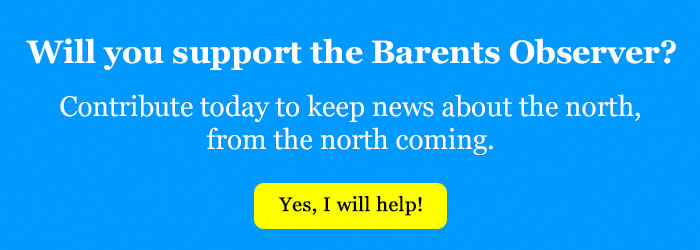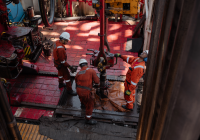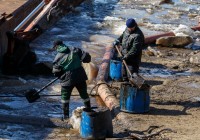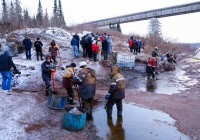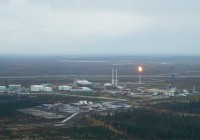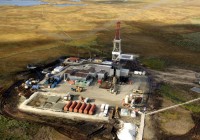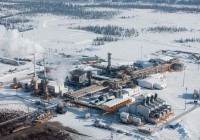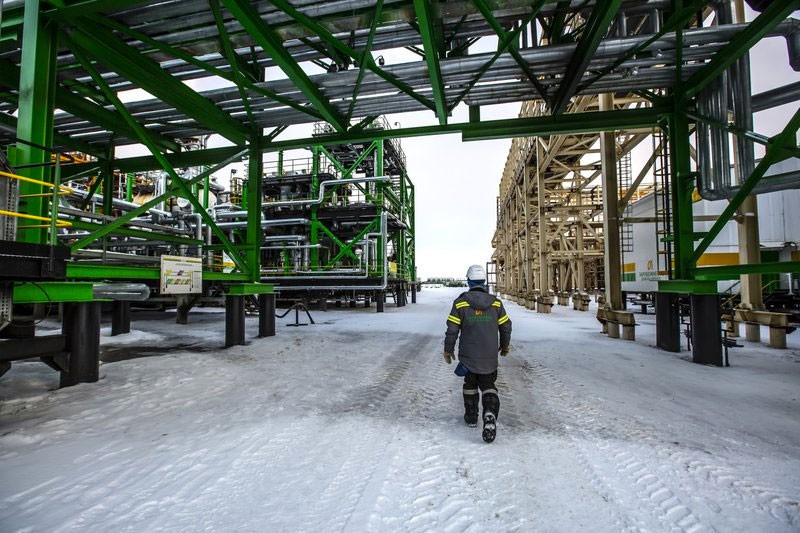
Norwegians exit Kharyaga
ADVERTISEMENT
The Kharyaga oil field was one of the first joint Norwegian-Russian energy projects. When the Norwegians entered into an agreement with the Nenets Oil Company and French company Total in 1999 it marked the start of what was believed to become a new era in East-West industrial cooperation.
Twenty-three years later, expectations are gone and relations on a historical low. Following Russia’s bloody war against Ukraine, Equinor on the 27th of February announced that it would exit all projects in Russia, and three months later, the exit was completed.
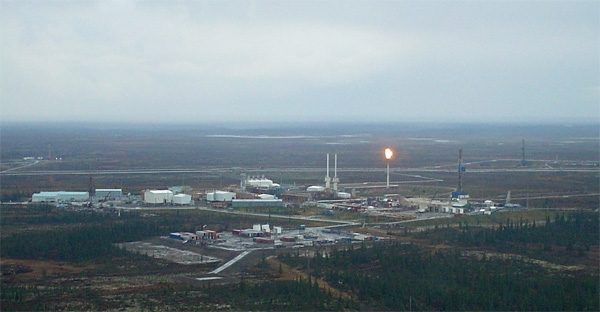
That includes the Kharyaga. An exit agreement in the project has now been signed, Equinor informed on the 25th of May.
The Norwegian company is likely to transfer its 30 percent project stake to Zarubezhneft, the state company that today operates the project.
The Kharyaga field is one of very few projects in Russia operated on a so-called production sharing agreement. It was Total that in 1995 reached agreement with Russian authorities over the project, and in 1999 Norwegian company Norsk Hydro got engaged with a 40 percent stake.
With its 50 percent ownership, the French became operator of the field that had about 160 million tons of oil reserves. The local Nenets Oil Company had 10 percent of the project.
Few years later, the Norwegian stake was taken over by Statoil, the state company that today carries the name Equinor.
ADVERTISEMENT
It never was an easy project for the two foreign companies. Troubles soon arose with Russian authorities and in 2010 Russian state company Zarubezhneft entered the project with a 20 percent stake. In 2016, the Russians acquired another 20 percent and Zarubezhneft was since then the biggest project partner with 40 percent.
Total was over several years under major pressure from the federal government. In early 2015, the Ministry of Energy pushed for the ejection of the French from the project, arguing that they had failed to meet production targets and that recent field investments had been unsuccessful.
The Kharyaga partners had not been able to boost production in accordance with original plans. According to Total, the project is technically challenging, with complex geology, heterogeneous carbonate reservoirs, waxy oil and a high content of H2S in associated gas
The field is located in the Nenets Autonomous Okrug, a highly oil-rich Arctic region. It holds about 49 million tons of extractable resources. In 2012, the Kharyaga was connected by pipeline to the Varandey terminal on the nearby Arctic sea coast.
The exit from Russia marks the end of three decades of Norwegian oil and gas operations in Russia.
Anders Opedal, President and CEO of Equinor, says in a comment that “we are all deeply troubled by the invasion of Ukraine, which represents a terrible setback for the world, and we are thinking of all those who are suffering because of the military action.”
“In the current situation, we regard our position as untenable. We will now stop new investments into our Russian business, and we will start the process of exiting our joint ventures in a manner that is consistent with our values. Our top priority in this difficult situation is the safety and security of our people,” says Opedal.
Equinor has been in Russia for over 30 years. Since 2012, a lion’s share of the company’s operations in the country has a been in cooperation with Rosneft, the company that now is subjected to sanctions by both the EU and USA.
ADVERTISEMENT
The Barents Observer Newsletter
After confirming you're a real person, you can write your email below and we include you to the subscription list.



